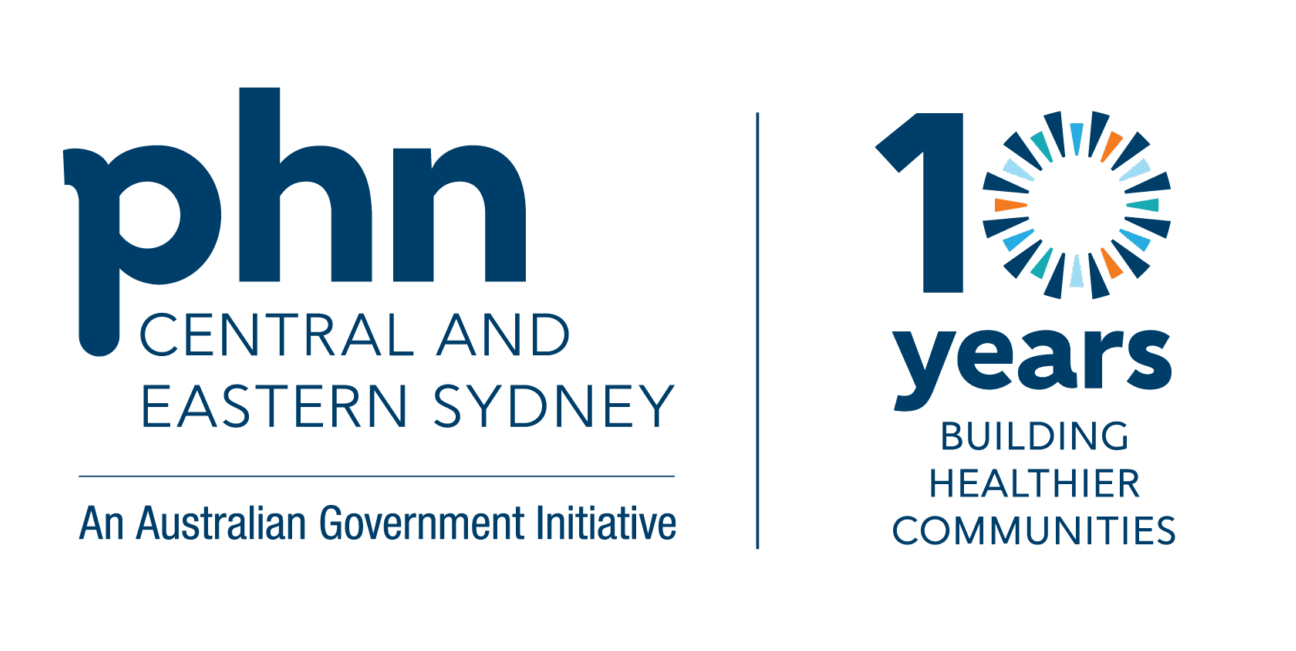
| AIR & PRODA | COLD CHAIN | COVERAGE RATES | COVID-19 | EDUCATION | INDIGENOUS |
| INFLUENZA | NEWS | NIP RESOURCES | NURSES | PHARMACISTS | RACF |
The National Immunisation Program (NIP) is funded by the Australian Government and implemented by NSW Health. The National Immunisation Program funds many of the vaccines recommended in childhood and throughout the life course for medically at risk groups. NSW Health also fund some additional vaccines. Subscribe to the NIP mailing list to get the latest NIP updates from DOH.
Download the updated NSW Immunisation Schedule – Oct 2023.
| Zoster vaccine
|
From 1 November 2023, Shingrix® will replace Zostavax® on the NIP. A 2-dose course of Shingrix® will be funded for people aged 65 years and older, First Nations people aged 50 years and older, immunocompromised people aged 18 years and older. | More information: NSW Health FAQ website General Practice factsheet Pharmacy factsheet RACF factsheet Ordering restrictions Provider advice |
| MMRV vaccine | From November 2023, ProQuad® brand will no longer be available on the NIP. Priorix-tetra® brand will continue to be available. | |
| Hexavalent vaccine | From 1 July 2023, Vaxelis® will be added to the NIP as an alternative hexavalent vaccine to Infanrix® hexa.
|
More information: NSW Health websiteCESPHN website |
| Meningococcal B vaccine | From 1 July 2023, the meningococcal B catch-up program for Indigenous infants will be ongoing – originally due to end on 30 June 2023.
|
|
| HPV vaccine | From 6 February 2023, the dose schedule for the human papillomavirus (HPV) vaccine changed to a single dose, and eligibility for the catch-up program will be extended up to and including 25 years of age. |
Access to free National Immunisation Program vaccines requires a person to hold or be eligible for a Medicare card.
Did you know? Not all recommended vaccines are funded under the NIP.
The NCIRS immunisation schedules include recommendations for funded and non-funded vaccines in accordance with the Australian Immunisation Handbook.
The Handbook provides guidance about Vaccination for special risk groups.
The Handbook also have infographics that summarise immunisation needs based on Health, Age, Lifestyle, Occupation:
Providers can order printed copies of a NSW Health publications using order forms:

Other vaccine information sheets
Minimum requirements for an anaphylaxis kit:
The ASCIA anaphylaxis e-training course for health professionals 2021
What is an AEFI?
NSW Health: What is a serious adverse event?
Health professionals are required to report suspected reactions, known as adverse events following immunisation (AEFI) particularly if they are unexpected or significant.
Reporting AEFIs
If a patient has an immediate serious reaction or is unwell in the days after a vaccination, you must report this via:
and
AEFI resource for parents
COVID-19 vaccine safety
General vaccine safety & resources
ATAGI guidelines on the management of a range of possible vaccine administration errors, including when a replacement (repeat) dose is recommended.
Some catch-up vaccines are available free under the NIP for people who did not receive them as children.
| Age group | Funded antigens |
| People under 10 years | Polio, measles, mumps, rubella, varicella, hepatitis B, meningococcal ACWY, Haemophilus influenzae type b (no catch up>5), pneumococcal (no catch up >5), diphtheria, tetanus, pertussis, meningococcal B (Aboriginal and Torres Strait Islander children aged less than 2 years old) |
| People 10 to under 20 years | Polio, measles, mumps, rubella, varicella, hepatitis B, diphtheria, tetanus, pertussis |
| People 10 to 14 years | Meningococcal C |
| People 15 to 19 years | Meningococcal ACWY |
| People under 26 years | Human papillomavirus |
| Refugees and humanitarian entrants aged 20 years and over | Polio, measles, mumps, rubella, varicella, hepatitis B, diphtheria, tetanus, pertussis, human papillomavirus (25 years and under) |
If a person has not received all the NIP Schedule vaccines appropriate for their age, plan and document a catch-up schedule.
Use these resources to help plan a catch-up schedule.
Catch-up for people ≥10 years of age:
Catch-up for children < 10 years of age:
A Vaccine Account Number (VAN) is required to order NIP vaccines:
New VAN Application
To request new a vaccine account, contact the Public Health Unit (PHU). Email practice details to:
Update VAN details
To update/amend any VAN details including new practice name, delivery address, principal GP, phone/fax number:
Alternatively, practices in SESLHD can complete the Account Change Form
Forms
NSW Health – communications
Communicating with people who are unvaccinated against COVID-19
This NCIRS report summarises perspectives on COVID-19 vaccines of unvaccinated adults living in Australia who were interviewed in late 2021.
Recommendations for immunisation providers:
Yellow fever accreditation involves Clinic Accreditation AND Provider Accreditation.
To become an accredited Yellow Fever Vaccination Centre:
Yellow Fever Vaccination Centre – Ongoing requirements
To become a yellow fever accredited practitioner:
Accredited practitioners – requirements:
ANI – authorised nurse immuniser can only administer yellow fever vaccination with a valid order from an authorised prescribing practitioner.
Destinations | Travelers’ Health CDC
Further information:
Providers can order printed copies of a NSW Health publications using order forms.
** indicates that translated resource is available
NSW Immunisation Resource Order Form:
Influenza Publications Order Form:
General Publications Order Form:
Order printed copies translated resources from NSW Health:
This information sheet has answers to the most frequently asked questions about childhood vaccinations.
Translated to Arabic, Assyrian, Chinese, Karen, Khmer, Korean, Hazaragi, Thai, Vietnamese.
Childhood vaccinations – Consumer brochure
This brochure provides information about the recommended vaccines available free for children under the National Immunisation Program.
Translated to Arabic, Assyrian, Chinese, Karen, Khmer, Korean, Hazaragi, Thai, Vietnamese.
Shield yourself from shingles resource collection
Factsheets
First Nations people aged 50 and over – Brochures and posters
People aged 65 and over – Brochures and posters
